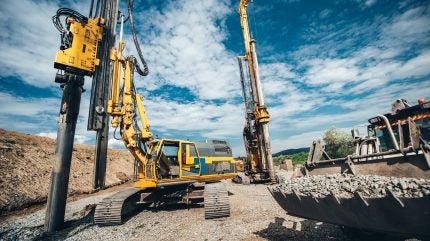

French mining company Eramet is in discussions with Zhejiang Huayou Cobalt to establish a battery-grade nickel production partnership in Indonesia, reported Bloomberg News.
The two companies are looking to potentially form a partnership for the production of battery-grade nickel, a key component for electric vehicle (EV) batteries.

Discover B2B Marketing That Performs
Combine business intelligence and editorial excellence to reach engaged professionals across 36 leading media platforms.
A potential partnership could involve Eramet supplying ore to Huayou’s HPAL plant in the Indonesia Weda Bay Industrial Park.
Eramet is also looking to acquire a stake in the Huafei plant, which is currently the largest HPAL facility in the world.
Earlier, Eramet stated its intention to continue considering further investments in Indonesia.
The latest collaboration comes after Eramet’s previous joint venture (JV) with a European partner was discontinued.

US Tariffs are shifting - will you react or anticipate?
Don’t let policy changes catch you off guard. Stay proactive with real-time data and expert analysis.
By GlobalDataLast month, Eramet and German chemical company BASF abandoned their joint investment in a nickel-cobalt refining complex in Weda Bay, Indonesia, citing slower sales growth for EVs in the South East Asian nation.
The scrapped project would have involved an investment of $2.6bn (€2.42bn) and been the only HPAL facility in Indonesia with Western shareholders.
The demand for nickel ore processed through HPAL plants is expected to rise, driven by the burgeoning EV sector.
Currently, Huayou operates two HPAL plants in Indonesia. The company, in collaboration with Brazil’s Vale, is planning to build two additional facilities.
Other players in the region, such as Nickel Industries and PT Harum Energy, are also developing HPAL plants with Tsingshan.
Last week, Eramet commissioned its Centenario direct lithium extraction plant in Salta Province, Argentina.
Critical minerals coverage on Power Technology (or Mining Technology is supported by The State of Queensland. Editorial content is independently produced and follows the highest standards of journalistic integrity. Topic sponsors are not involved in the creation of editorial content.





